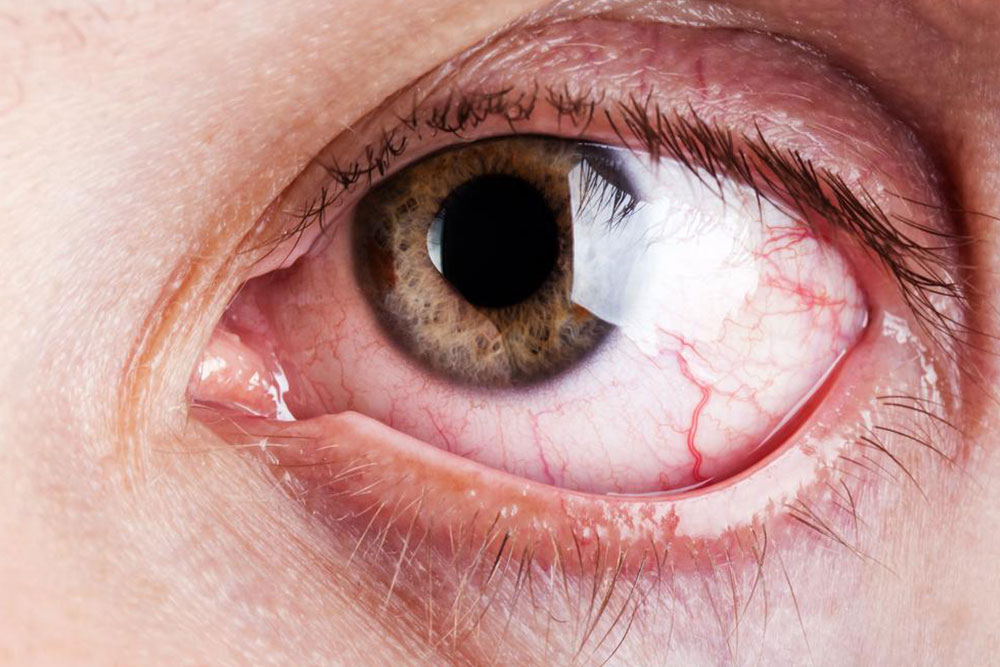Understanding Graves' Disease: Symptoms and Diagnosis
Graves' disease is an autoimmune disorder causing hyperthyroidism with symptoms like weight loss, rapid heartbeat, and eye problems. Early diagnosis through blood tests and imaging is essential, with treatment options including medication, radioiodine therapy, and lifestyle changes. Recognizing common and rare symptoms helps in prompt management to prevent complications.
Sponsored

Understanding the Symptoms and Diagnosis of Graves' Disease
Graves' disease is an autoimmune condition leading to hyperthyroidism, where the thyroid gland produces excessive hormones. It primarily affects women around 40 years old but can occur in men as well. The exact trigger is unknown, making prediction difficult. Since thyroid hormones impact body temperature, mood, and nervous functions, timely treatment is crucial to prevent severe weight loss, mood swings, depression, and fatigue.
The disease manifests through various symptoms, both common and rare, that should not be ignored. Prompt diagnosis and management are essential for better health outcomes.
Typical Signs of Graves' Disease There are several recognizable symptoms indicative of Graves' disease:
Excessive sweating
Noticeable weight loss
Irregular or fast heartbeat
Trembling hands
Persistent fatigue
Feelings of anxiety
Heat intolerance
Digestive issues such as diarrhea
Mood swings
Enlarged thyroid gland (goiter)
Menstrual irregularities
Sleep disturbances
Uncommon Symptoms of Graves' Disease Besides these, rare symptoms include Graves' ophthalmopathy and Graves' dermopathy.
Eye Involvement – Graves' Ophthalmopathy: About 30% of patients experience inflammation affecting the eyes, leading to symptoms such as:
Bulging eyes (exophthalmos)
Pain or pressure around the eyes
Light sensitivity
Redness and swelling of the eyes
Visual disturbances, including loss of vision or double vision
Swollen eyelids
Skin Conditions – Graves' Dermopathy: Usually, thickening and redness appear on the shins or area above the feet, which can often be treated with over-the-counter creams.
The severity of symptoms varies among individuals, affecting the diagnosis and management approach.
Diagnosis and Management Consulting an endocrinologist is vital for confirmation. They utilize blood tests, imaging (X-ray, CT scan), radioactive iodine uptake, ultrasound, and physical examinations to diagnose. Treatment options include anti-thyroid medications, radioactive iodine therapy, and in some cases, surgery. Lifestyle and dietary modifications are also recommended to support recovery and symptom control.






